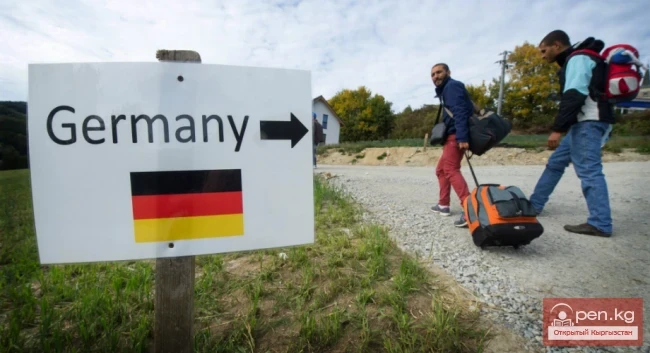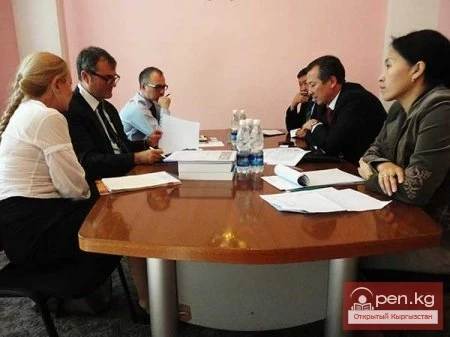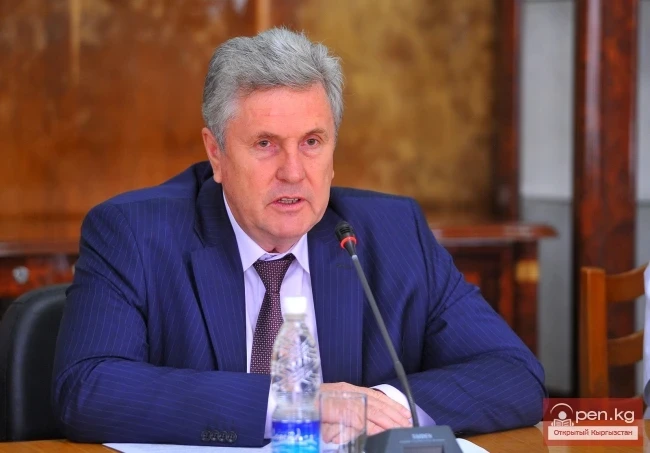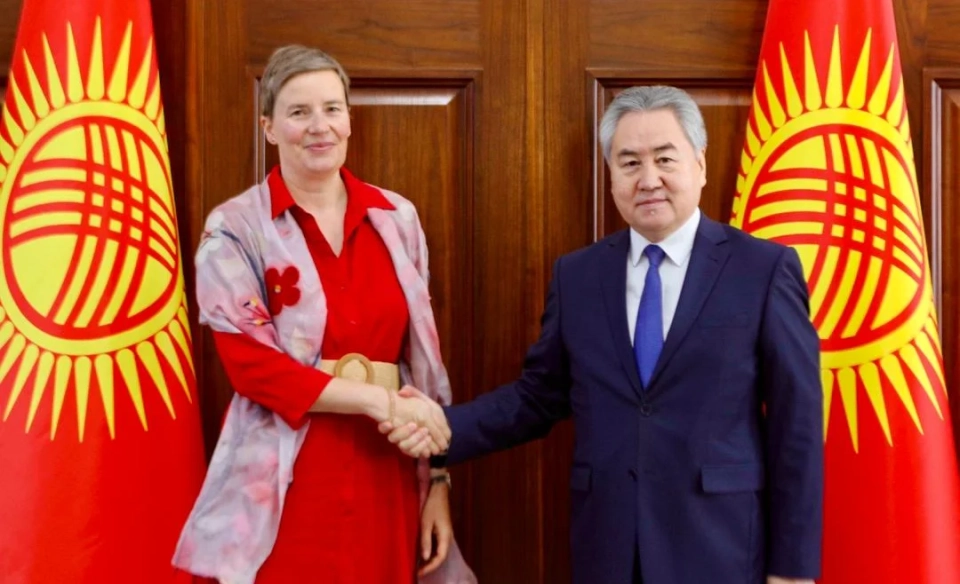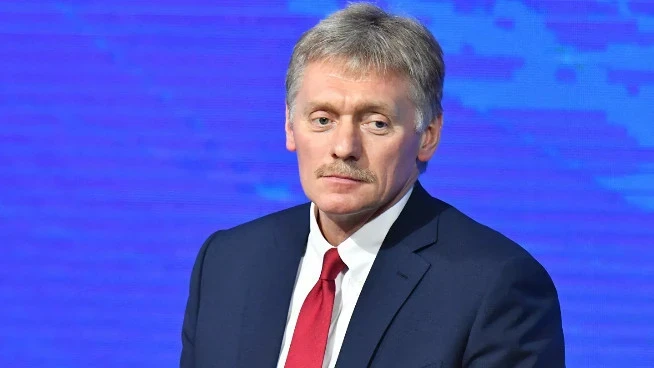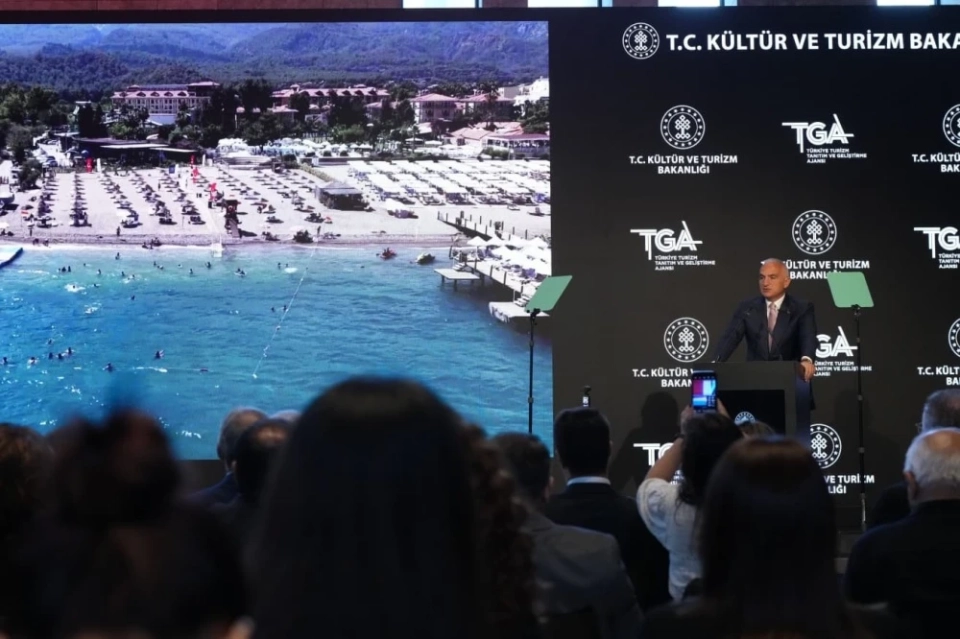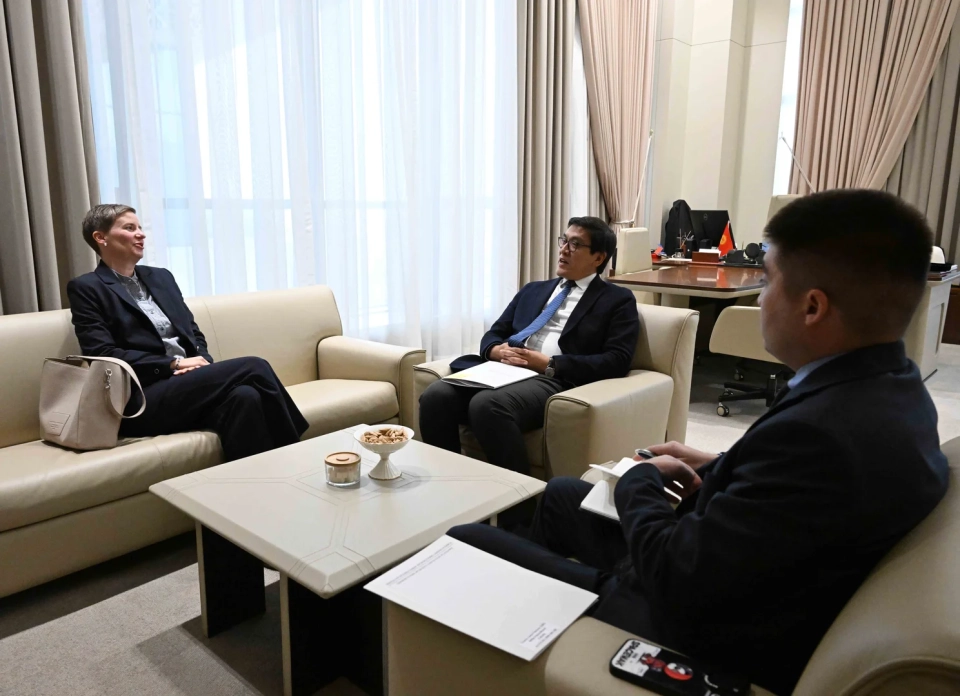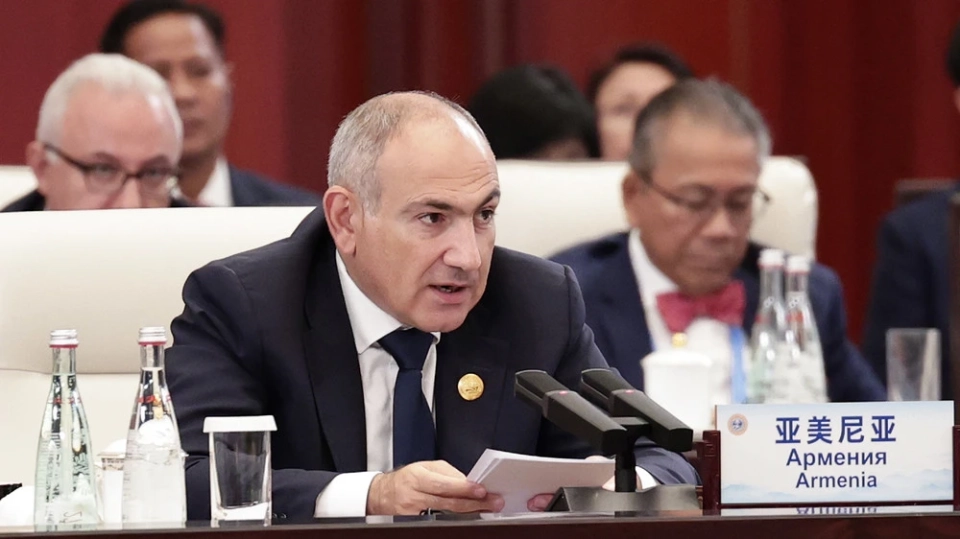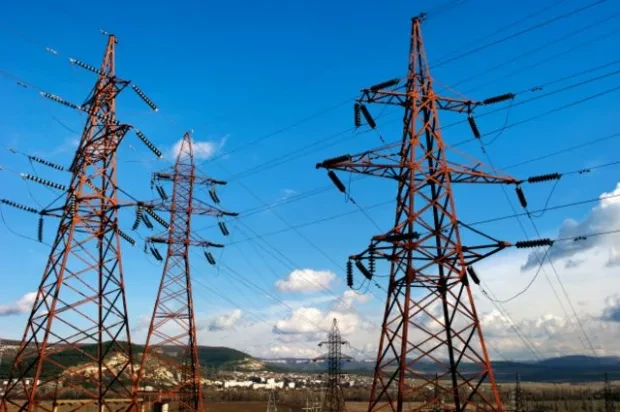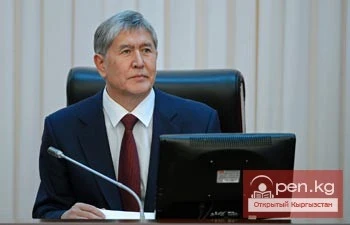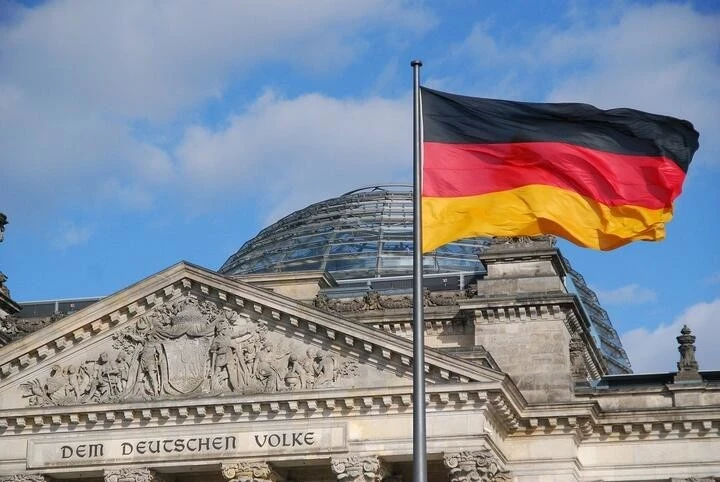
According to the Chancellor, "there are currently no grounds for granting asylum in Germany, and we can begin the deportation process" — these words from Merz were spoken at a joint press conference with the Prime Minister of Schleswig-Holstein, Daniel Günther (quotes from DW).
Merz expressed hope that many Syrians would return voluntarily and participate in the reconstruction of their country. He also emphasized that Germany is ready to contribute to this process.
However, as noted by the dpa agency, the Chancellor's statements about refugees diverge from the opinion of the German Foreign Minister, who during his visit to Damascus at the end of October stated that the return of Syrian refugees living in Germany to the devastated country is "unlikely in the near future."
Additionally, according to dpa, Merz invited the interim President of Syria, Ahmed al-Sharaa, to visit Germany to discuss the return of Syrian criminals whom German authorities plan to deport.
As of the end of August, there were about 951,000 Syrian refugees in Germany, of which 920 are at risk of deportation, according to official dpd data.
The Special Representative of the President of Russia and head of the Russian Direct Investment Fund, Kirill Dmitriev, commenting on Merz's statement on the social network X, noted that the Chancellor of Germany "has begun to pay attention to our publications about migration, which threatens Western civilization — and has taken certain steps." Dmitriev also expressed hope that Merz would consider other recommendations from Russian authorities.
In December 2024, the regime of Bashar al-Assad, which had been in power in Syria for many years, fell. The leader of one of the opposition groups, Ahmed al-Sharaa, became the interim President of Syria. Russia provided asylum for Assad and his family.


